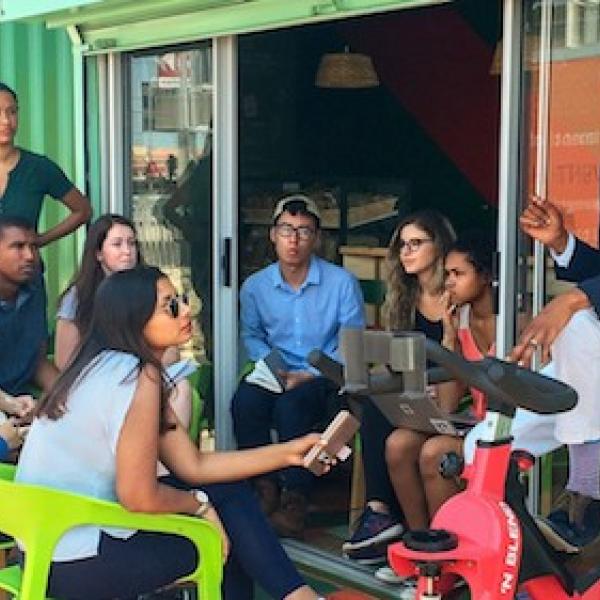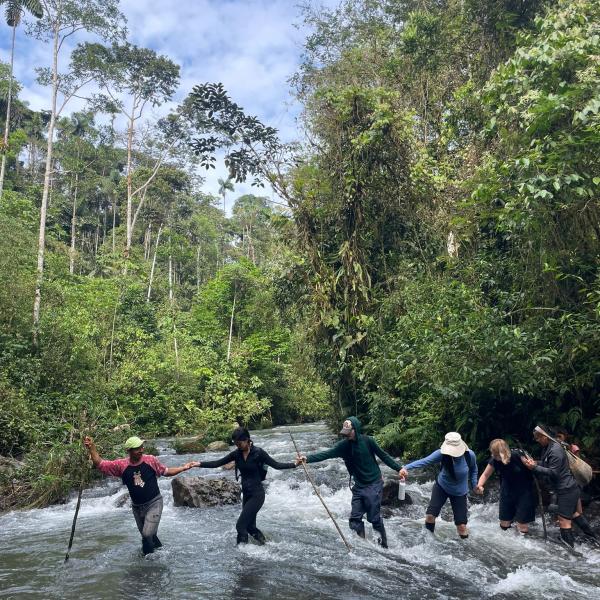Overview
The ILR Undergraduate Research Fellows Program provides ILR undergraduates with the opportunity to work with a professor during academic year 2025-2026. This program was developed in response to numerous requests we have received from undergraduates for research opportunities and in the hope that it will facilitate one-on-one student/faculty interactions. Students participating in this program will receive an hourly pay of $17.00 per hour for up to 10 hours a week. Awards will be made on a one semester basis with renewal possible for the second semester. Students may not earn credit for the research project during the semester or year they are being paid as a research assistant.
Artificial Intelligence in the ICTS industry: The role of worker voice in job quality
A range of new technologies incorporate artificial intelligence (AI) and algorithms to automate and augment production, service, and management tasks. The ILR Undergraduate Research Fellow will participate in a mixed-method study to examine how firms in the telecommunications and video game development industries are applying AI and algorithm-based technologies in different service and technical occupations. These include call center agents and technicians (telecoms) and quality assurance workers and software engineers (game development). This study will investigate the causes of variation in company strategies to implement AI-based tools, as well as in the impacts of these strategies on job quality. A central focus is the role of worker voice through labor union mobilization and collective bargaining in management decisions and outcomes associated with AI. Research will involve site visits and interviews at matched pair case study companies, expert interviews with technology developers and union and management representatives, worker surveys, and coding provisions from collective bargaining agreements. The Undergraduate Research Fellow will be responsible for the following tasks: 1) conducting and summarizing background research on case study companies; 2) transcribing and coding interviews; and 3) coding collective agreement provisions. The study will be coordinated with colleagues in Canada, the UK, and Italy. The Undergraduate Research Fellow may be able to participate in the international and comparative components of the research project, based on interest and language skills. – with Professor Virginia Doellgast






